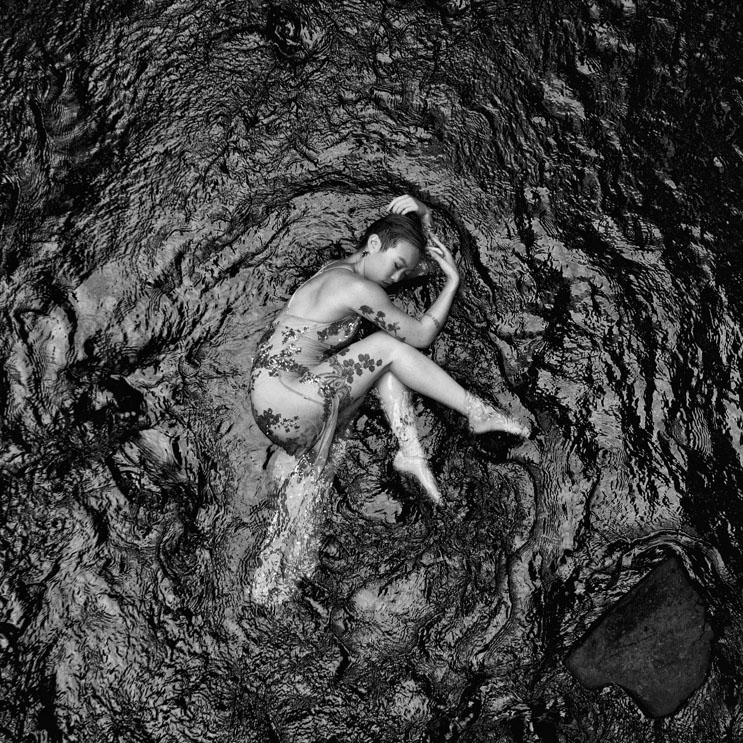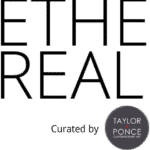 Curatorial Statement
Curatorial Statement
Four photographers come together in Ethereal with a shared passion for black and white photography, artistic nudity, and the sculptural beauty of the human form. In their hands, the body becomes a language—an aesthetic statement shaped by light, shadow, and the silent eloquence of presence. Each artist brings decades of professional practice, their superb technical skill, and sensitivity honed over many years in the field. Their mastery allows them to move beyond representation, constructing images that are both precise and poetic, immediate yet timeless. The group—two female and two male photographers—embodies a dialogue of dualities: masculine and feminine, strength and vulnerability, shadow and illumination. Within the context of contemporary art, their work reveals the body as both vessel and vision, echoing the long tradition of the female nude in painting, literature, and sculpture, while renewing its power in the present moment.
The exhibition is presented at Salomon Art Gallery, under the stewardship of Rodrigo and Gigi Salomon. For over forty years, the gallery has been a landmark of the Tribeca art scene—hosting generations of artists and presenting a vital cross-section of New York and the international contemporary art world. Ethereal seeks to affirm the freedom essential to art making: the liberty to express emotion, aesthetics, and a vision of the world without restraint. In the enduring medium of black and white—discovered over 150 years ago yet never diminished—the photographs find an elegant, delicate, and enigmatic form. Strong in their clarity yet subtle in their poetry, they embody the timeless tension between vulnerability and strength, silence and revelation.
 Cecilia De Bucourt “My background begins in modeling, which I started at fourteen and continued until I was twenty-nine. From there, I became a fashion designer, and eventually moved into photography, which is now my main practice. I studied photography for five years at the International Center of Photography in New York.
Cecilia De Bucourt “My background begins in modeling, which I started at fourteen and continued until I was twenty-nine. From there, I became a fashion designer, and eventually moved into photography, which is now my main practice. I studied photography for five years at the International Center of Photography in New York.
My work today focuses on dance. I specialize in photographing dancers because movement, rhythm, and expression have always inspired me. Having worked in front of the camera for many years, the transition to working behind it was natural. I use that experience to connect with my subjects, to guide them, and to create photographs that reflect both their artistry and mine.”
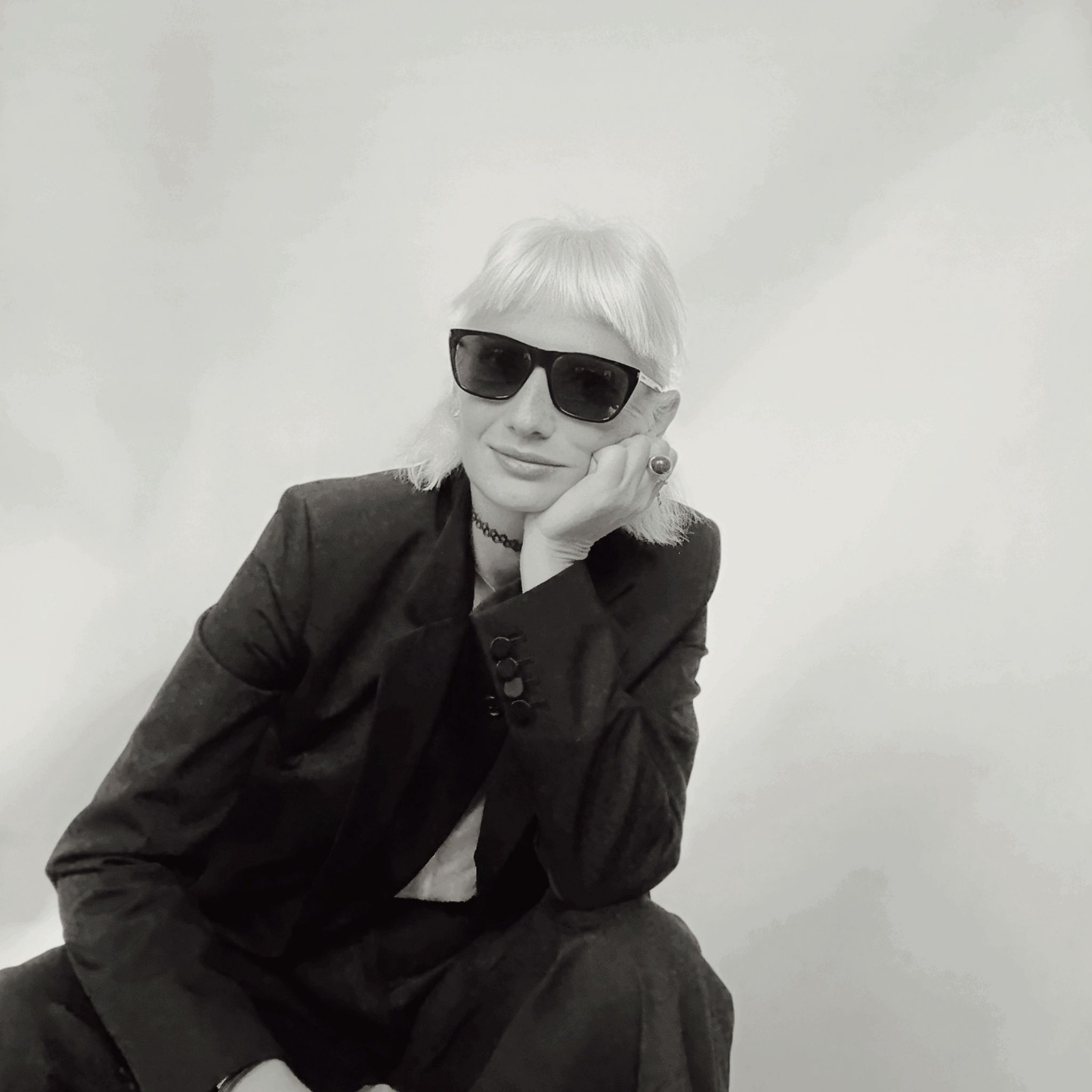 Lena Di, Born in Europe and raised in New York City from the age of fourteen, Lena Di is a photographer and visual artist whose work is guided entirely by instinct. She approaches her creative process without premeditation — planning only the logistics, never the feeling. Each image emerges from presence, intuition, and the invisible rhythm of the moment.
Lena Di, Born in Europe and raised in New York City from the age of fourteen, Lena Di is a photographer and visual artist whose work is guided entirely by instinct. She approaches her creative process without premeditation — planning only the logistics, never the feeling. Each image emerges from presence, intuition, and the invisible rhythm of the moment.
Shaped by the pulse of 1990s New York — where she modeled, studied acting, and immersed herself in the underground house music scene — Lena carries that sense of spontaneity and emotional honesty into her art.
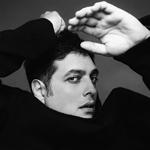 Louis Rodiger, a citizen of both Tijuana and San Diego, was nurtured by his witchy medium grandmother, inheriting a unique perspective on the world. Despite a tumultuous upbringing filled with visions and nightmares, his connection to the spirit world guided him. Struggling to connect with others until later in life when he found solace in music, forming a band that became his refuge. However, his visions intensified, leading him to discover photography as a medium to express his innermost thoughts and navigate the complexities of his experiences. Music and photography have been his salvation, transforming his darkness into purpose and granting him a sense of normalcy. Embracing his shadows, he finds solace and inspiration, forging a deep connection between his art and his journey through life.
Louis Rodiger, a citizen of both Tijuana and San Diego, was nurtured by his witchy medium grandmother, inheriting a unique perspective on the world. Despite a tumultuous upbringing filled with visions and nightmares, his connection to the spirit world guided him. Struggling to connect with others until later in life when he found solace in music, forming a band that became his refuge. However, his visions intensified, leading him to discover photography as a medium to express his innermost thoughts and navigate the complexities of his experiences. Music and photography have been his salvation, transforming his darkness into purpose and granting him a sense of normalcy. Embracing his shadows, he finds solace and inspiration, forging a deep connection between his art and his journey through life.
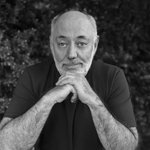 Fernando Espinosa, From fashion models to drag queens, from the harsh landscapes and wildlife of the Galapagos to the architecture of New York City, Fernando Espinosa Chauvin’s work is characterized by his unique artistic sensitivity to the world around him. He explores this through exceptional and innovative use of lighting techniques, capturing photographs that are complex, sophisticated, and refined. Born in Ecuador, Espinosa has taught illumination techniques at photography workshops hosted by the International Centre of Photography in New York
Fernando Espinosa, From fashion models to drag queens, from the harsh landscapes and wildlife of the Galapagos to the architecture of New York City, Fernando Espinosa Chauvin’s work is characterized by his unique artistic sensitivity to the world around him. He explores this through exceptional and innovative use of lighting techniques, capturing photographs that are complex, sophisticated, and refined. Born in Ecuador, Espinosa has taught illumination techniques at photography workshops hosted by the International Centre of Photography in New York

